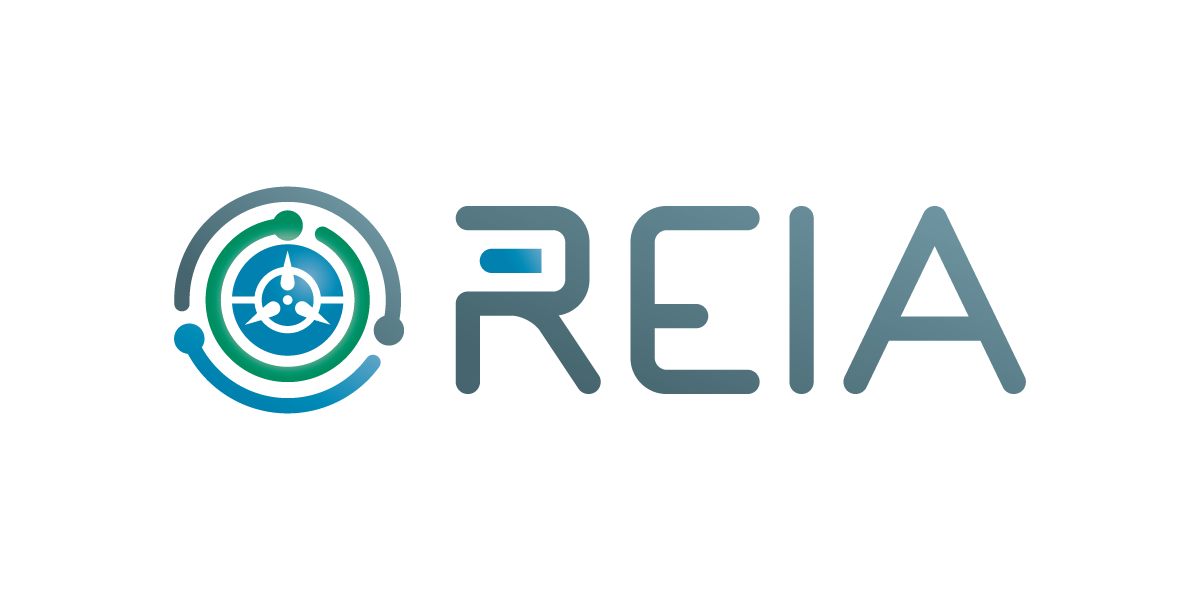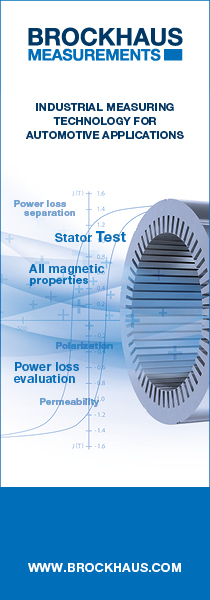Registration Opening soon
Submit your talk proposal here
The UK Magnetics Society is excited to announce Magnetic Horizons, a new two-day event taking place in February 2026 in Birmingham. Delivered in collaboration with the Rare Earth Industry Association (REIA) and the Institute of Physics Magnetism Group, this event is designed to bring together the magnetics community across industry and academia and everything else in-between.
With a strong focus on collaboration, innovation, and networking, Magnetic Horizons will explore a broad range of topics including permanent magnets, soft magnetic materials, material supply chains, magnetic sensors, superconductivity, magnetic applications, power electronics, magnetic modelling, and emerging technologies.
The event will also feature the return of the Challenges in Applied Magnetism workshop, now integrated into the main programme, providing a dedicated platform for discussing real-world technical and industrial challenges.
More details to come so please watch this space. We’re hoping to include a tour of the nearby magnet recycling facilities at Tyseley, an excellent opportunity to see cutting-edge recycling technology in action.
In a new approach we’re inviting potential speakers to submit a short application, aiming to curate a diverse and dynamic programme of presentations that reflects the full breadth of the community.
Join us in Birmingham for an event that promises insight, innovation, and invaluable connections. Register your interest below.
DAY VENUE
Thinktank museum
Millennium Point, Curzon Street
Birmingham, UK
B4 7XG
For Sat Nav use postcode B4 7AP
By Road
Thinktank is situated within Millennium Point, Digbeth, which is just minutes from Birmingham City Centre and The Bullring. The nearest motorways are the M6, M5 and M42.
Please give yourself extra travelling time when driving to Thinktank as there are roadworks, diversions and road closures across the city centre which can cause delays. New Canal Street is closed to both pedestrians and cars.
Clean Air Zone
Birmingham is now a ‘Category D Clean Air Zone’, this means owners of the most high-polluting vehicles will be charged to drive within certain parts of the city centre, including the area that Thinktank is located in. To find out more and to check if your vehicle will be charged visit brumbreathes.co.uk
Car Park
The following is the information for the Millennium Point multi story car park when it is open.
The closest car park to Thinktank is the Millennium Point car park located on Howe Street, off Jennens Road, it is operated by Birmingham City Council (charges apply). For google maps and Sat Nav use postcode B4 7AP and select the car park name. This car park is also in Birmingham’s Clear Air Zone. Blue Badge holders can park for free, there are 20 blue badge bays within the car park and the maximum height restriction for the car park is 2.1 metres.
The Millennium Point building is approximately 20 meters from the multi-story car park and from Level 1 and Level 2 of the multi-story car park there is step free access into Millennium Point. Thinktank’s main entrance is now located on Level 0 of Millennium Point.
Alternative parking is available at Houndshill secured parking, postcode B4 7UP (0.3 miles) and NCP Birmingham Londonderry House, postcode B4 7LX (0.5 miles).
By Bus
From Birmingham City Centre catch numbers 14 , 55 / 55A, 66 or 94 from The Priory Queensway (opposite Argos) to Jennens Road. Bus services are operated by National Express West Midlands.
Day Saver offer
Visitors to our sites can get 25% off their Day Saver bus tickets when they travel to our sites. Visit National Express and enter this code: NXTTA25.
By Rail
Moor Street station
The nearest train station is Moor Street station which is a 10 minute walk away. Turn right upon leaving Moor St Station, just before the Clayton Hotel (formerly Hotel LaTour,) veer right to enter the City Park. Walk through the Park, past the Science Garden and in through the entrance of Millennium Point.
West Midlands Railway connects Moor Street station with key destinations along the Snow Hill and Birmingham – Hereford lines. View timetables on West Midlands Journey Planner to find out more about available services.
New Street Station
New Street Station is 15 minutes walk away. Leave the station heading towards St Martin’s Queensway. Turn left to pass through the tunnel under the Bullring, towards Moor Street station. From there, follow the directions above.
New Street Station is served by West Midlands Railway connecting numerous locations across the region with the heart of Birmingham. View timetables on West Midlands Journey Planner to find out more about available services.
DINNER VENUE
Fazeley Studios
191 Fazeley St,
Deritend, Birmingham
B5 5SE
DRAFT PROGRAMME
The event will run over two days and will include talks, dinner and a tour.
ACCOMMODATION
To be confirmed
DIETARY REQUIREMENTS
Please let us know as soon as possible if you have any dietary requirements we need to be aware of.
DRESS CODE
The dress code for the event is business attire / smart casual
CONTINUING CONTACT / GDPR
Please note, by providing contact details during registration, you authorise us to
- use these contact details to let you know details of this event, and
- add your contact details to our contact database to let you know about future events that may be of interest.
Please let us know at enquiries@ukmagsoc.org at any time if you do not wish to be contacted in this way. Also, we can remove you from our contact schedule at any point in the future.
We will also be taking photos at the event. If you do not wish to have your photo taken during the event, please contact events@ukmagsoc.org
PHOTOGRAPHY
We will also be taking photos at the event. If you do not wish to have your photo taken during the event, please contact events@ukmagsoc.org
EVENT SPONSORS





